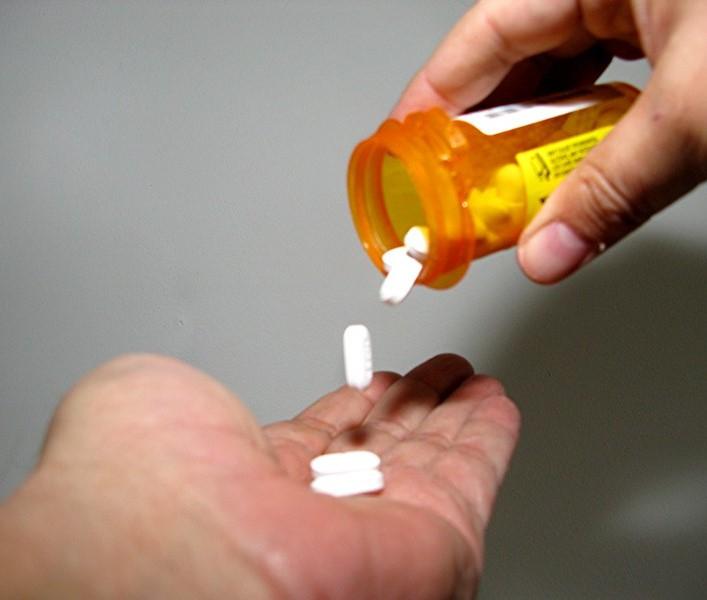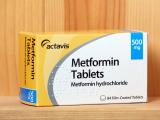The COVID-19 pandemic caused the US Food and Drug Administration (FDA) to flex regulations and priorities to prevent drug shortages, expediting more than 100 original abbreviated new drug applications (ANDAs) and 150 ANDA supplements for COVID-related products, according to the FDA's "Drug Shortages for Calendar Year 2020" report, released late last month.
Fewer new shortages, more ongoing ones
The agency reported 43 new shortages but prevented 199, compared with 2019's 51 new shortages and 154 prevented shortages. On the other hand, 2020 had 86 ongoing shortages, compared with 76 in 2019.
"This increase of ongoing shortages at the close of CY 2020 as compared to the close of previous calendar years is due to the previously discussed closures of manufacturing facilities for remediation purposes, as well as the increase in demand for many drug products due to the COVID-19 pandemic," the authors write.
Data showed that, in 2020, 512 potential drug and biological product shortage situations were reported by 120 different manufacturers. The year prior, the agency received 575 notices from 109 manufacturers.
The FDA notes that COVID-19 has emphasized the need for more insight into the supply chain and for increased resilience in the supply chain. Currently, the authors add, drug shortage staff are focusing on hospital intensive care drugs related to ventilators, including sedatives, opioid analgesics, and neuromuscular blocking agents.
Expedited reviews, regulatory flexibility
Even before COVID-19 was officially declared as a pandemic, the FDA began mitigating disruptions in January 2020 by reminding manufacturers about notification requirements. As the pandemic went on, presidential, congressional, and agency actions have also allowed the FDA to prevent and manage more shortages.
For instance, the Coronavirus Aid, Relief, and Economic Security Act, effective Sep 23, 2020, allowed the FDA to prioritize and expedite applications and inspections, and it required manufacturers to provide more information around potential disruptions, create redundancy risk management plans, and report on the amount of each drug they have handled.
In 2020, the FDA ended up approving 48 ANDAs and 94 supplemental ANDAs out of more than 100 ANDAs and 150 ANDA supplements that were expedited and used for COVID-19 care. The agency also used regulatory flexibility 45 times to increase supplies of COVID drugs, including heparin, albuterol, and propofol, and it published guidance documents around compounding COVID-related drugs.
Overall, the FDA exercised regulatory flexibility and discretion in 110 instances, affecting 78 products, and expedited review of 489 total submissions, prioritizing 19 establishment inspections.
"There have been many new challenges impacting the supply of needed medications, including transportation issues, employee absenteeism due to outbreaks of COVID-19 at manufacturing plants, and unprecedented increased demand for certain drugs needed for hospitalized patients with COVID-19," the authors write.
"To address shortages, including those related to the COVID-19 pandemic, FDA is working with manufacturers and other partners to help prevent shortages from occurring and to mitigate the impact of shortages that cannot be prevented."























